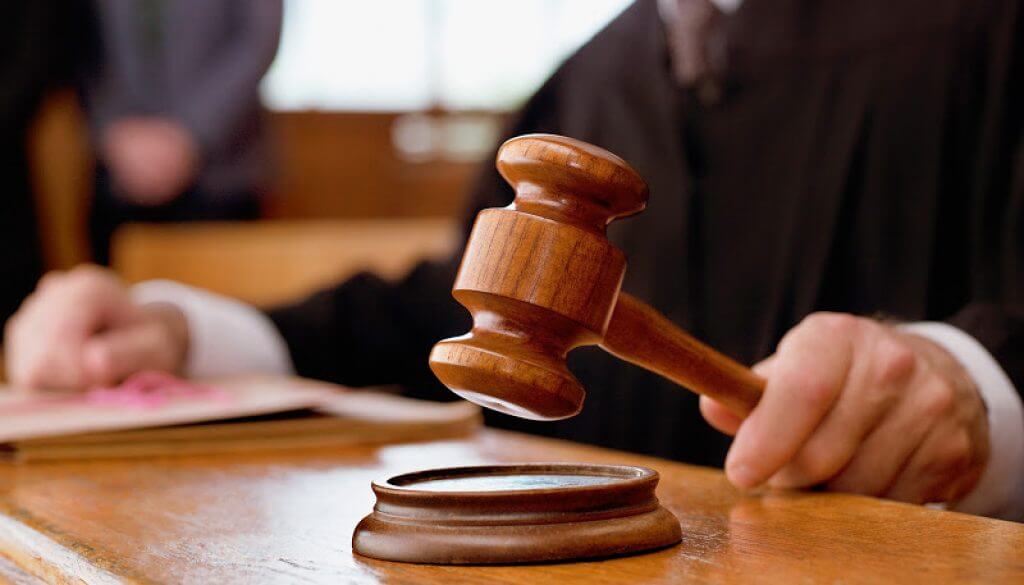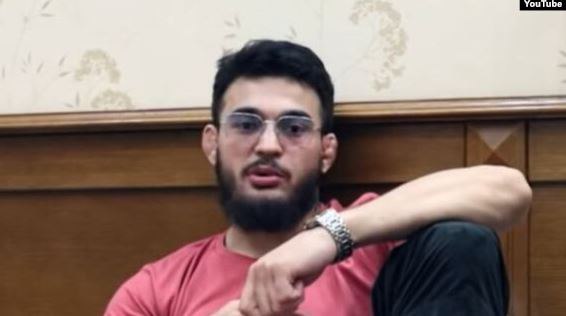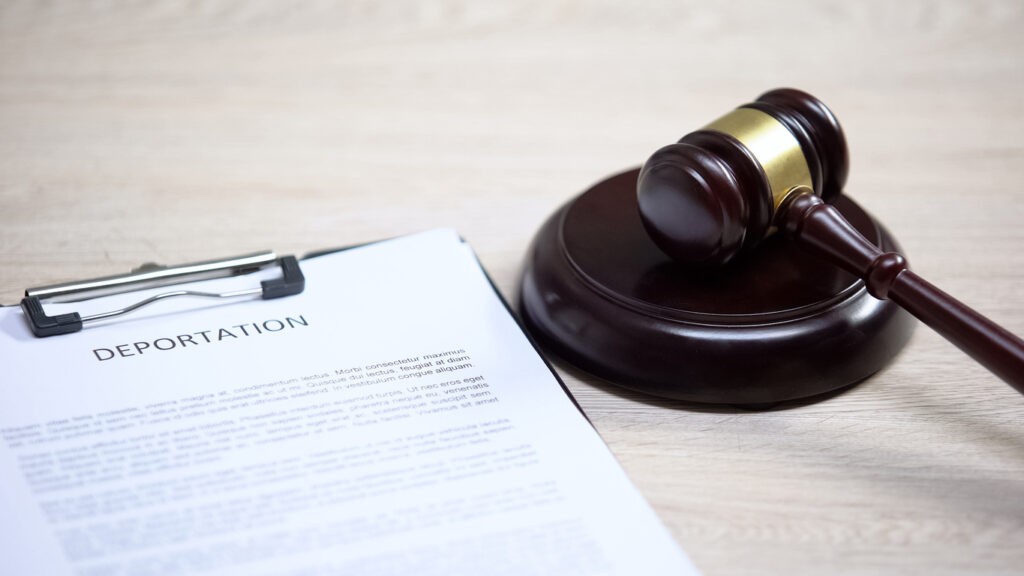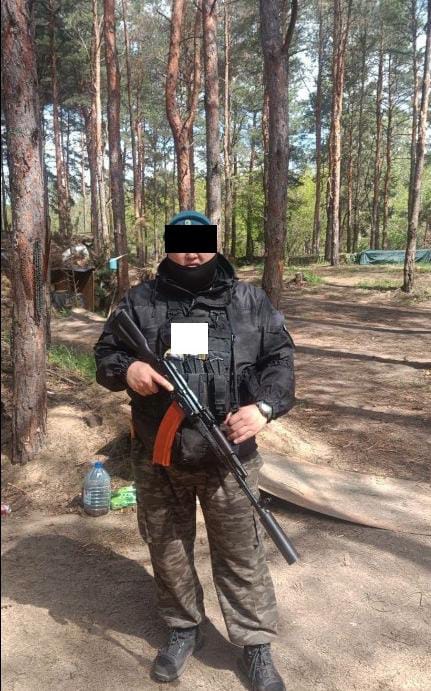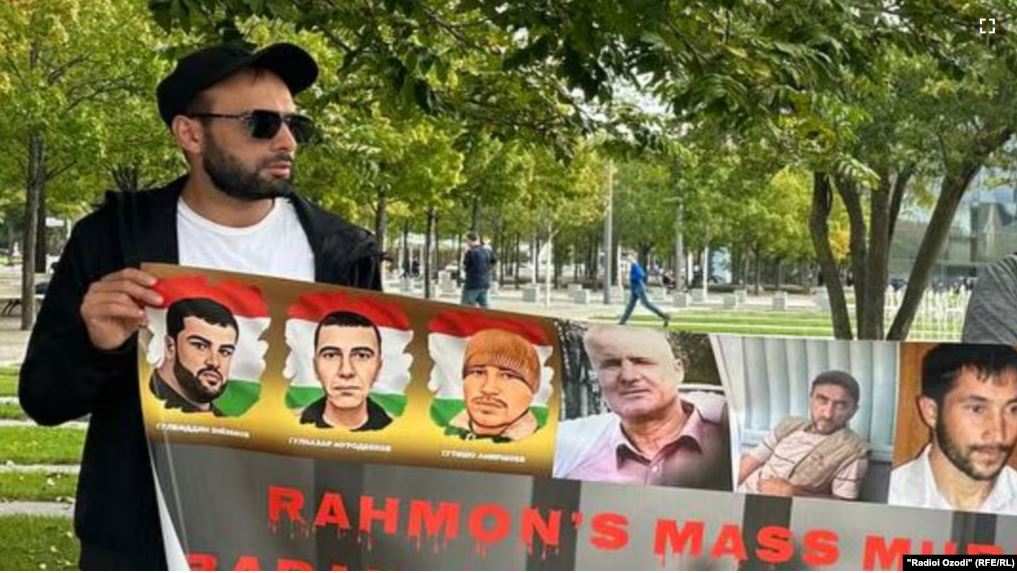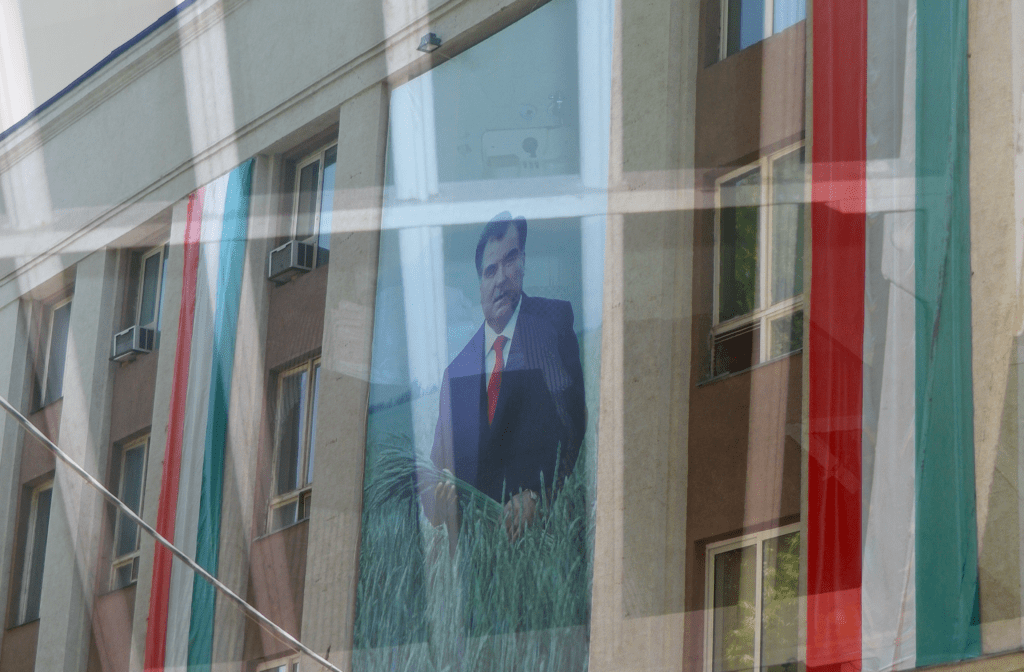A court in Dushanbe has sentenced Nizomiddin Nasriddinov, a former activist of the Group 24 opposition movement, to 8 1/2 years in prison on a charge of making public calls to forcibly change Tajikistan’s constitutional order, RFE/RL’s Tajik Service reported.
According to an anonymous source involved in the trial, RFE/RL was informed on October 5th that the Ismoili Somoni district court delivered Nasriddinov’s verdict and sentence on September 29th. The source added that the former activist pleaded not guilty.
Court officials and Nasriddinov’s relatives declined to comment on the matter. The court requested RFE/RL to submit an official letter for comment.
Recently, the Norwegian Helsinki Committee, Human Rights Watch, Freedom for Eurasia, and Freedom Now jointly urged Tajik authorities to drop what they deemed as “fabricated” charges against Nasriddinov and release him immediately.
Nasriddinov was detained by Belarusian authorities in January at the request of Dushanbe when he entered Belarus from Lithuania. Subsequently, he was extradited to Tajikistan in July. Notably, Nasriddinov holds refugee status in Germany.
His affiliation with Group 24, which was designated as a terrorist and extremist organization and banned in the tightly governed former Soviet republic in 2014, has been highlighted. In March 2015, the movement’s founder, businessman Umarali Quvatov, was assassinated in Istanbul.
Tajik President Emomali Rahmon, known for his nearly 30-year firm grip on the Central Asian nation, has faced criticism from international human rights groups. They accuse his administration of disregarding independent media, religious freedoms, civil society, and political diversity.
In the past year, Tajik courts sentenced seven journalists and bloggers to prison terms ranging from seven to 21 years. They were charged with spreading false information, involvement in extremist activities, and association with banned groups. Both the accused and their supporters, alongside human rights organizations, have labeled these charges as baseless and politically motivated
